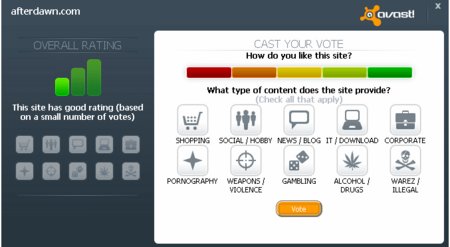

I understand that they want to vet addons that are listed in their store, but they've assured me that users can't even install off our website unless Mozilla signs off. The (alleged?) policy makes no sense to me, and I also don't understand why Mozilla is now blocking users from installing any addon that hasn't been blessed by Mozilla. I happen to know a couple very high-up people at Mozilla, and one of them was able to flag our mistreatment, and the reviewers now seem to be walking back the previously-described global ban on modifying third-party libraries, but we're still not back in the addon store (it's been months). (Even Apple doesn't do this when it yanks apps - only rarely if there is proven bad behavior will the pull an already-installed/paid-for app from a device.) We tried to understand this bizarre no-modifying-third-party-libraries policy and see how we could fix it, but they stopped responding and eventually even deleted our extension from the browsers where our users had previously installed it.

And we don't do anything that is remotely privacy- or security-compromising, which is very clear from the code.
#AVAST BLOCKING SITES ON FIREFOX CODE#
To be clear, we provide all our source code in the review process, so it is 100% clear what we are doing. Apparently we would have been fine if we did exactly the same thing but wrote the code ourselves, but since we used a library, and then modified it, we were in violation. All of a sudden we got yanked, among other things because we modify third party libraries. I have had similarly odd experiences recently with the Firefox addon store, which my startup has been in since 2013. It is time for Google and Mozilla to act on this issue and protect users from these predatory practices.īenign extensions that are genuinely useful and don't have a company behind them do not get this treatment, they are blocked whitout preliminary contact with developers. There are a number of browser extensions maintained by antivirus companies that use security as a disguise to collect and monetize user data.

> Mozilla expects that the add-on limits data collection whenever possible, in keeping with Mozilla's Lean Data Practices and Mozilla's Data Privacy Principles, and uses the data only for the purpose for which it was originally collected. Here's the rejected Firefox blocklist request for Avast extensions: īlocklisting the extensions would disable existing installations and stop ancillary data collection, which is prohibited by Firefox Add-on Policies.


 0 kommentar(er)
0 kommentar(er)
